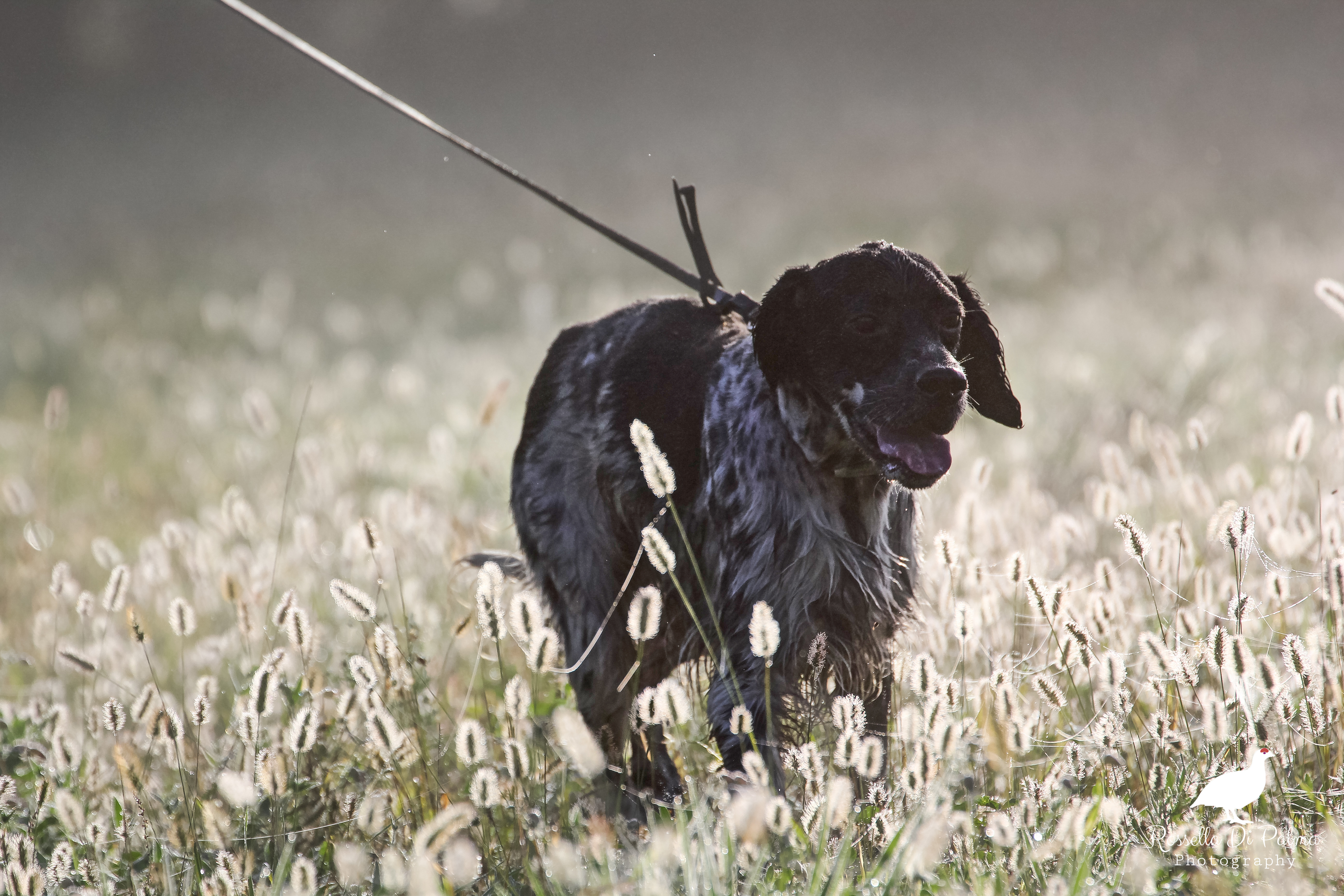
Own a dark dog? Read this!
Black dogs sometimes turn rusty brown. People tend to attribute this to “too much sun” but, indeed, some black dogs never turn brown, while some others are brownish all year round, winters included. I owned a black dog only for a couple of months: he was a rescued Greyhound and he was, indeed, brown but this was caused by severe anemia and leishmaniasis. We all known systemic diseases can affect coat colour, but nutrition can as well.
Yesterday, my friend Lucia Casini, who is professor of Veterinary Nutrition at the University of Pisa, shared this study with me “Tyrosine supplementation and hair coat pigmentation in puppies with black coats – A pilot study.” 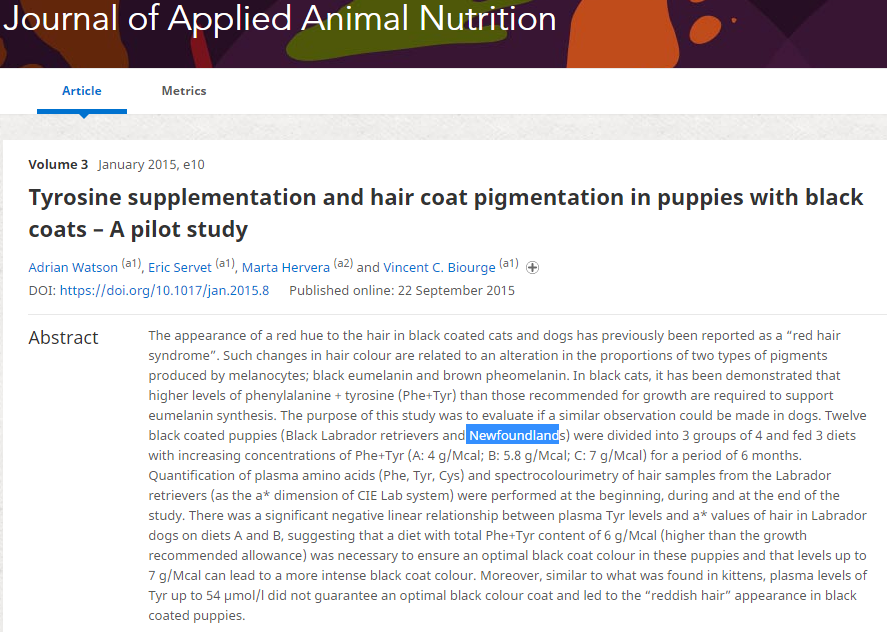 The study, as you can read in the abstract, suggests that dogs with darker coats need twice the amount of tyrosine the average dogs needs – according to the NRC guidelines. Furthermore, the longer the coat, the higher the requirements for tyrosine. She also explained that the role of tyrosine and coat colour has been studied more in cats, but added that some commercial foods, especially those poor in proteins of animal origins, do not contain enough tyrosine for black dogs. Phenylalanine seems to play a role too and they are both essential aminoacids, hence they must be introduced through the diet.
The study, as you can read in the abstract, suggests that dogs with darker coats need twice the amount of tyrosine the average dogs needs – according to the NRC guidelines. Furthermore, the longer the coat, the higher the requirements for tyrosine. She also explained that the role of tyrosine and coat colour has been studied more in cats, but added that some commercial foods, especially those poor in proteins of animal origins, do not contain enough tyrosine for black dogs. Phenylalanine seems to play a role too and they are both essential aminoacids, hence they must be introduced through the diet.
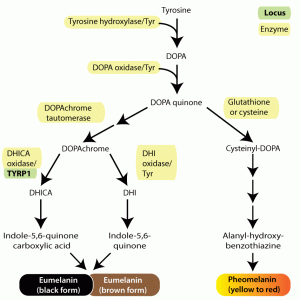
Meat, especially pork and poultry, is a good source of tyrosine. The National Research Council (USA) recommends: 2g of tyrosine each 1000 kcal for adult dogs and 3,5 g for puppies, but darker coated dogs requirements seem to be double.

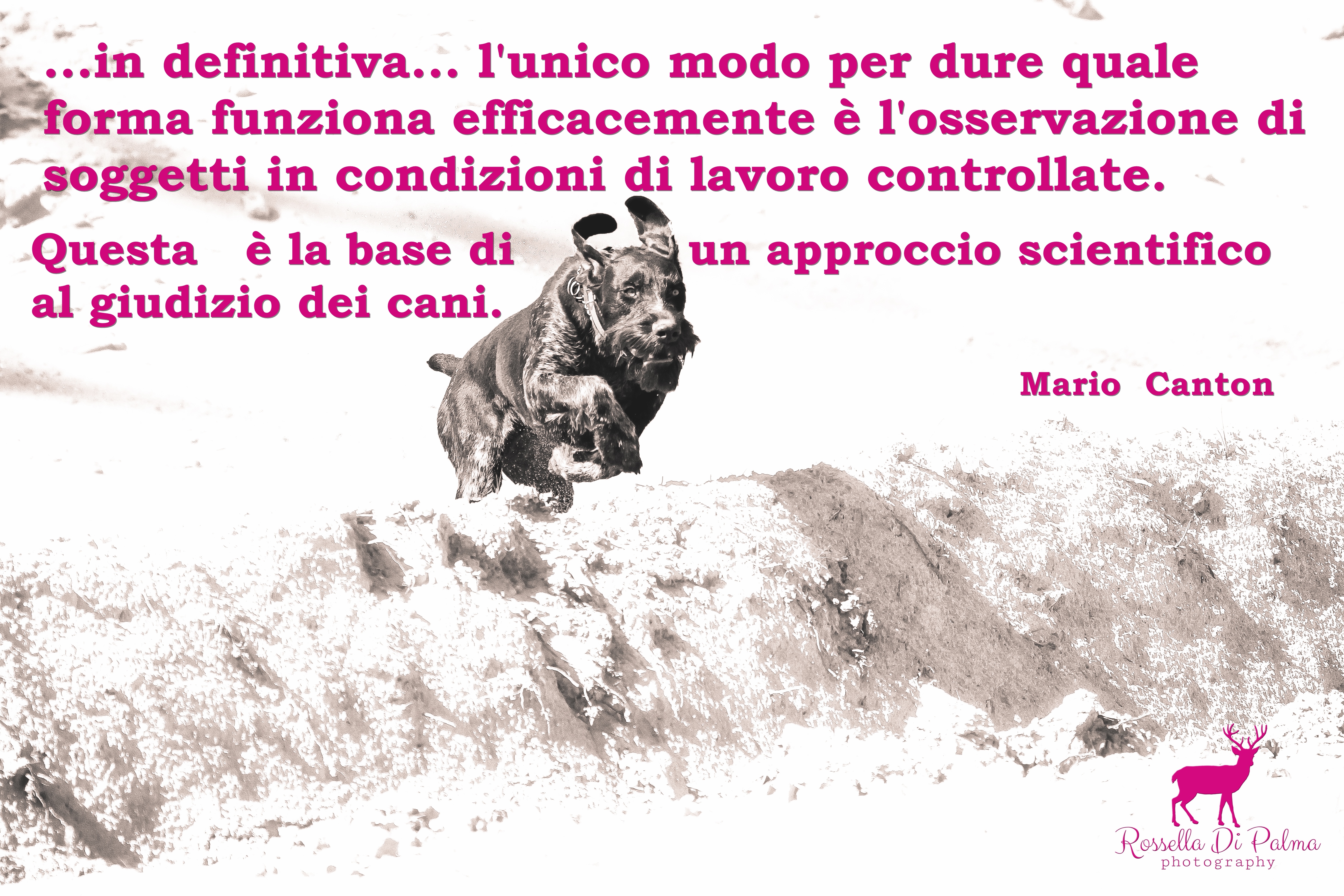


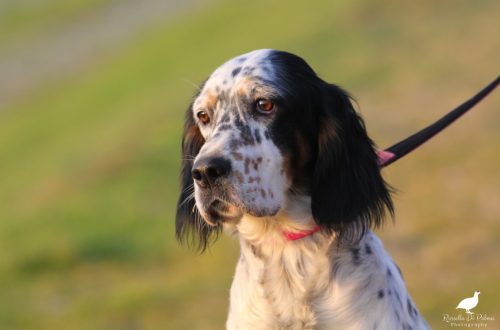
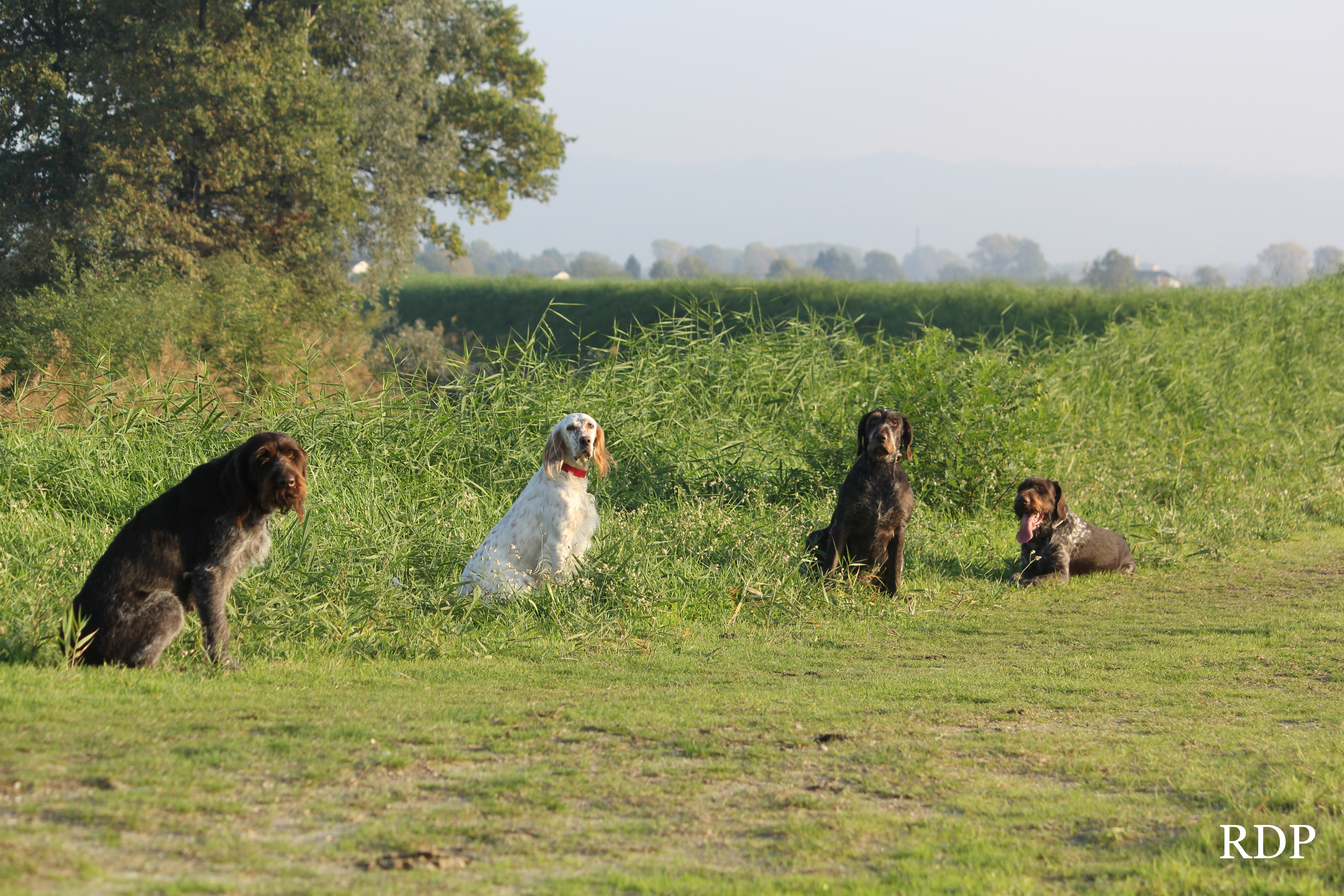
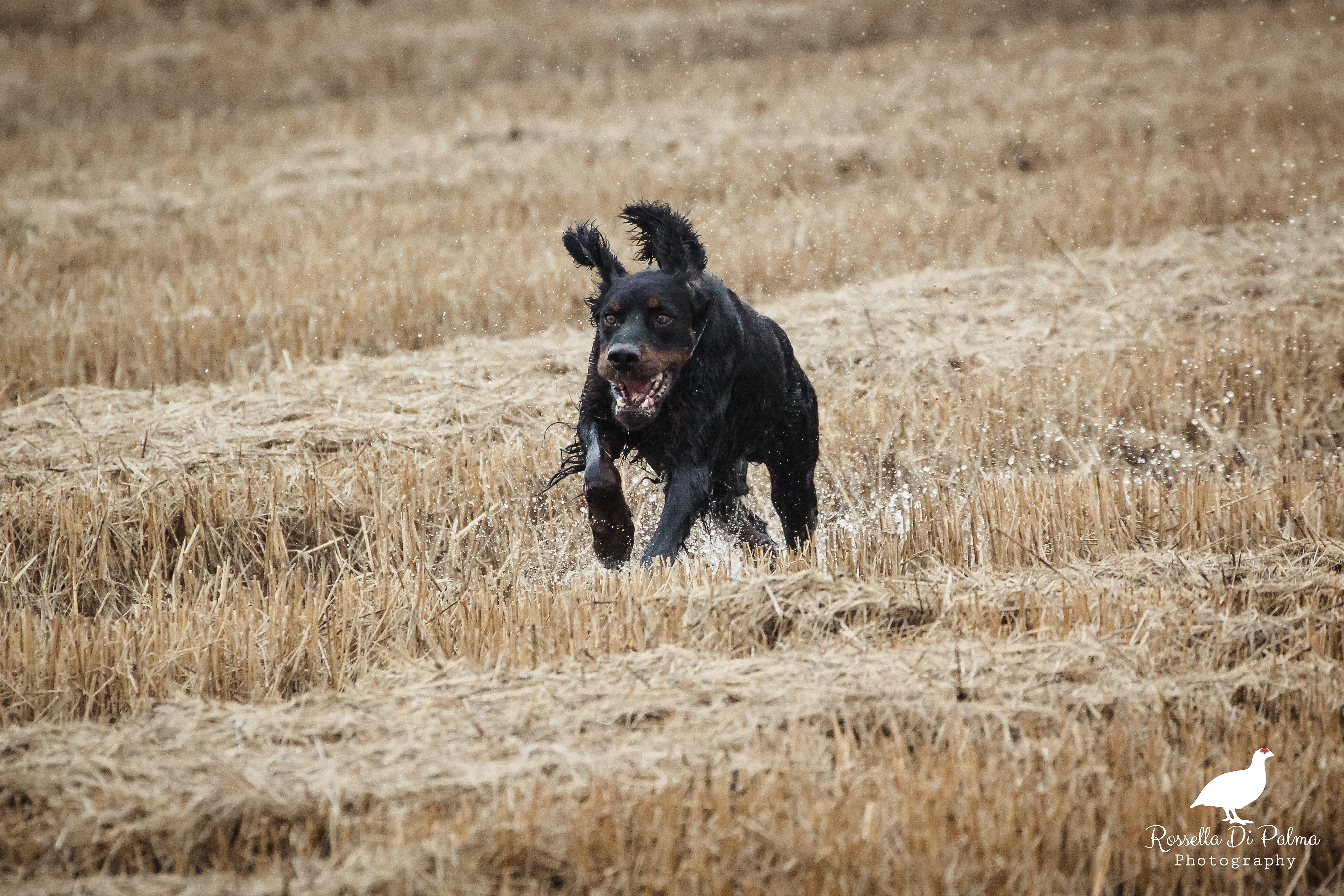
Un commento
Pingback: